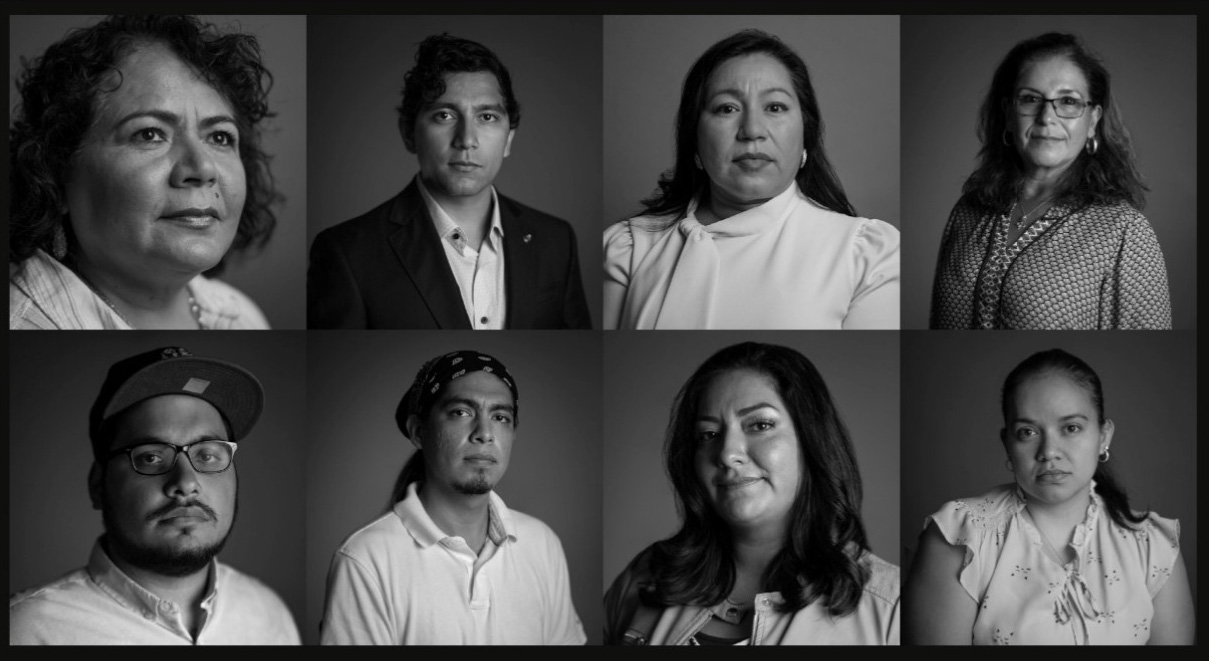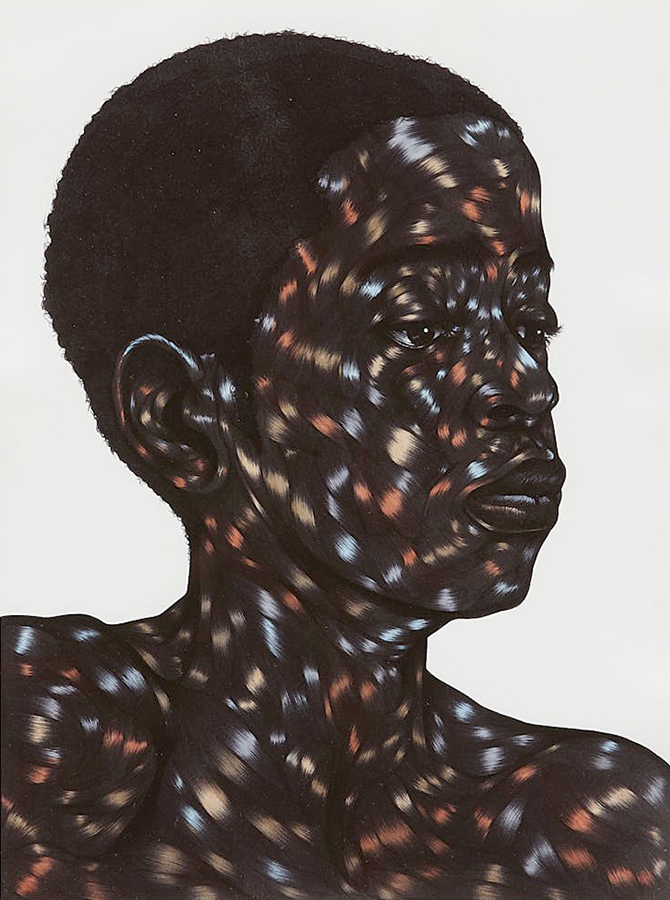“Let’s talk about the commodification of bodies in late consumer capitalism,” I say to my eleven-year-old daughter. “Or,” I go on, “it’s been awhile since we’ve had a serious conversation about class stratification or the horrors of war.” Her eyes light up, and we have a satisfying exchange on these satisfying topics. I feel gratified about my role in her moral formation, and she reports to her friends that I’m the best mom on the block.
Not so much.
But it’s precisely these topics -- deeply human topics that Christians have good reason to want to discuss with the young -- that are treated in Suzanne Collins’ bestselling trilogy, “The Hunger Games.” Most every kid in the fifth grade class has read the series, and fans could hardly wait for today’s opening of the film version of the first book.
I’ve written before about the theological and moral dimensions of popular stories, and Collins’ racing plot and the ability to magnify real cultural trends in an unsettling dystopia makes it easy to continue doing so.
In the books, twelve districts serve and are controlled by a wealthy ruling Capitol. The Capitol maintains power through an annual game, a kind of reality show gone mad, in which each district is forced to send two children as tributes to a nationally broadcast fight to the death. Katniss, our heroine, throws herself into the games, volunteering to replace her beloved little sister when her name is drawn as tribute.
It’s a wild and violent premise, and it’s not surprising that Christian response has included worry about a story that makes us voyeurs before the gruesome death of children. When Katniss is eventually involved in rebellion against the evil rule of the Capitol, some Christian response has included uneasiness about what seems like a valorization of war.
Both critiques have merit, but I think they miss the complicated layers of Collins’ story and the important possibilities for spiritual formation implicated. Christians have our own history that includes children dying in arenas, and we have plenty to talk about here.
This narrative is no easy defense of just war, though it isn’t pacifist either. Instead, it explores the terror of war, particularly of a war that has no respect for the lives of children.
It explores economic injustice and the brutality of poverty in a way few books for teenagers can. With none of the heavy handed, preachy superiority that my kids instantly recognize and shy away from, Collins prompts her reader to think about morality as more than individual, the body as more than a site for expensive decoration, society as more than a means of protecting property rights.
The story doesn’t provide answers to all the questions raised, though I like many of the ways the implied answers lean. The narrative privileges kindness over flashiness. Ordinary life over opulence. Care for the vulnerable over self-advancement. Collins gives us a competent, though flawed, heroine and writes her into a web of people we can’t help but care about.
Better still, the story opens a way for questions that really do interest my daughter. Why do you think Katniss took her sister’s place when she could have saved herself? What do you think about the people in the Capitol who watch the tributes die in the games? What do you think you would do?
I’ll suffer lines at the movie theater, if I can explore moral questions like these with my daughter.
Beth Felker Jones teaches theology at Wheaton College. Her most recent book is “Touched by a Vampire: Discovering the Hidden Messages in the Twilight Saga” (Multnomah).






